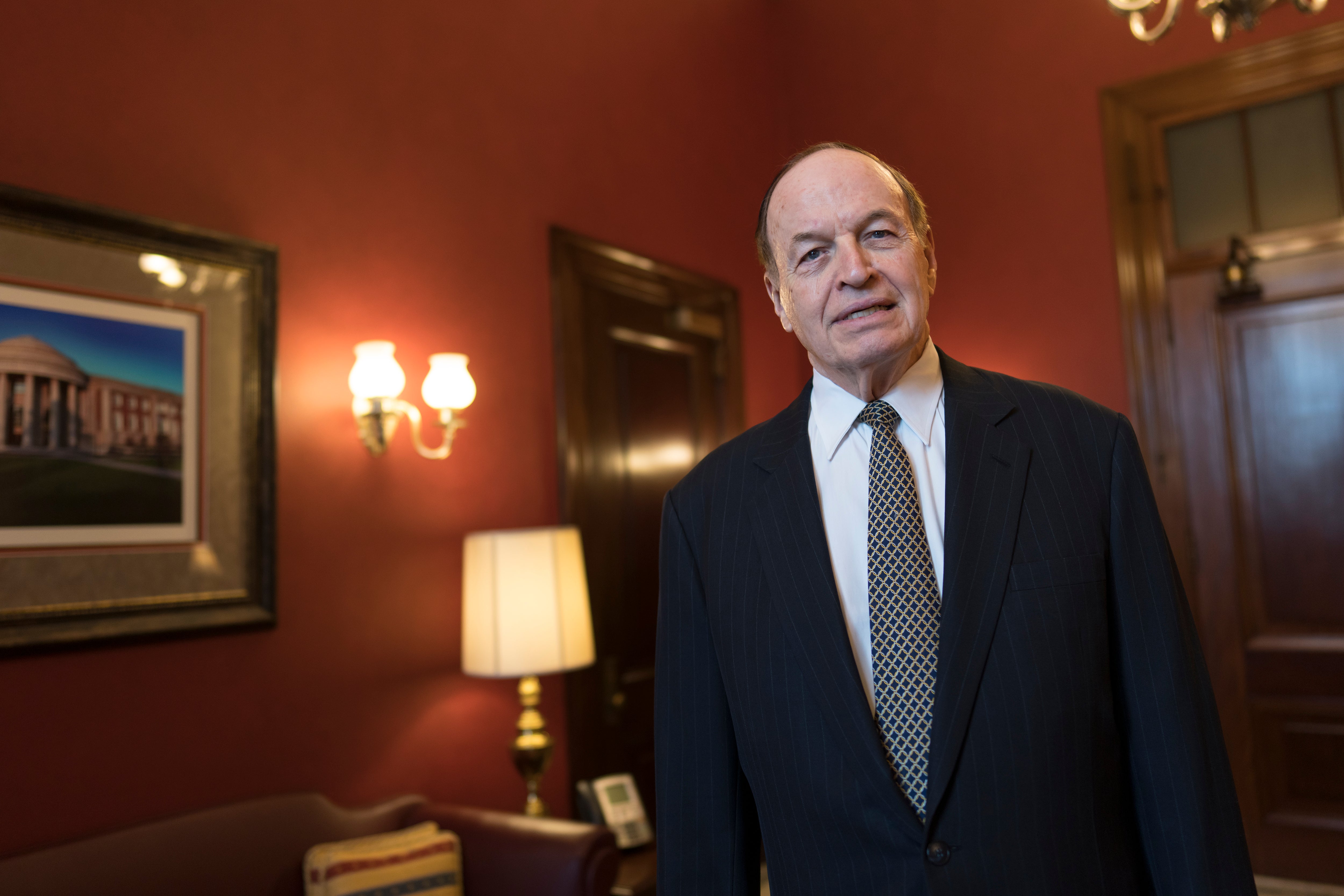Senate sends Biden bill to keep gov't open through Dec. 23
The Senate has passed legislation to fund the government for an additional week as lawmakers race to finish work on a full-year spending package before they head home for the holidays and a new Congress is sworn in

Your support helps us to tell the story
From reproductive rights to climate change to Big Tech, The Independent is on the ground when the story is developing. Whether it's investigating the financials of Elon Musk's pro-Trump PAC or producing our latest documentary, 'The A Word', which shines a light on the American women fighting for reproductive rights, we know how important it is to parse out the facts from the messaging.
At such a critical moment in US history, we need reporters on the ground. Your donation allows us to keep sending journalists to speak to both sides of the story.
The Independent is trusted by Americans across the entire political spectrum. And unlike many other quality news outlets, we choose not to lock Americans out of our reporting and analysis with paywalls. We believe quality journalism should be available to everyone, paid for by those who can afford it.
Your support makes all the difference.The Senate passed legislation Thursday to fund the government for an additional week as lawmakers race to finish work on a full-year spending package before they head home for the holidays and a new Congress is sworn in.
Congress in September passed a bill to keep the government running through midnight Friday. The latest extension, which now goes to President Joe Biden's desk to be signed into law, funds federal agencies through Dec. 23. It passed by a vote of 71-19.
“Negotiations keep trending in the right direction, but we still have a lot of work left to do and not enough time to do it, unless we extend government funding for another week," Senate Majority Leader Chuck Schumer, D-N.Y., said in urging lawmakers to support the stopgap measure.
The roughly $1.7 trillion package being negotiated would finance the day-to-day operations of government agencies for the current fiscal year that began Oct. 1. Federal spending on programs such as Social Security and Medicare is not part of the annual appropriations process and is not included in the package.
House Republicans overwhelmingly have called for a longer-term extension into early next year so they could have a bigger role in setting spending levels for the agencies. Democrats in the House were able to advance the bill with little GOP support earlier this week.
But Sen. Mitch McConnell, the top Republican in the Senate, has made the case that passing a full-year spending bill this Congress is better than the alternatives because it ensures a sizable increase in spending for defense.
“If a truly bipartisan full-year bill without poison pills is ready for final Senate passage by late next week, I’ll support it for our Armed Forces,” McConnell said Wednesday. “Otherwise, we’ll be passing a short-term continuing resolution into the new year.”
Some Senate Republicans disagreed with efforts to pass a spending bill before House Republicans could take charge. Sen. Mike Lee, R-Utah., said he supported providing a short-term extension into next year because that would mean “more Republican priorities" in the final package.
Sen. Richard Shelby, the lead Republican on the Senate Appropriations Committee, has said the two parties were about $25 billion apart on overall spending. But lawmakers announced Tuesday night that they had reached agreement on a “framework” that should allow negotiations to be completed by next week.
The final bill is also expected to include the Biden administration’s request for another $37 billion in aid to Ukraine as well as other bipartisan priorities, including an election measure designed to prevent another Jan. 6 insurrection. The bill would make it more difficult for lawmakers to object to a particular state’s electoral votes and make clear that the constitutional role of the vice president in the proceedings is solely ministerial.